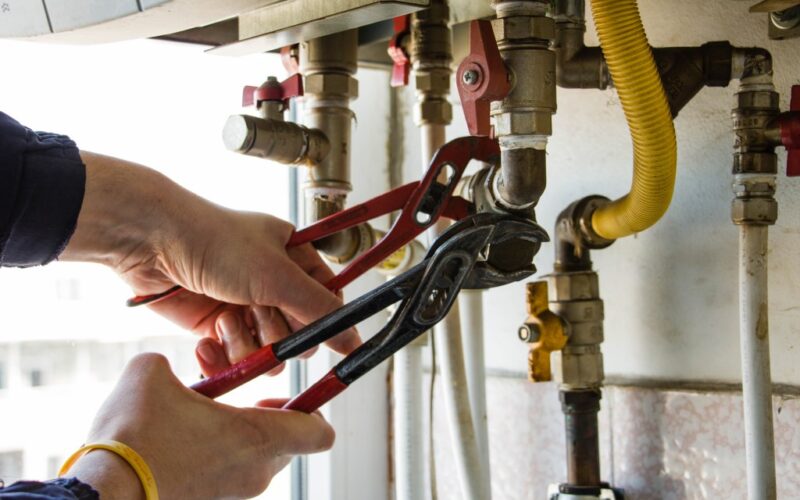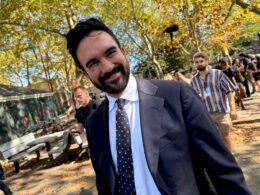New York City is already well-known for having one of the most expensive housing markets in the country. Politicians are now throwing a wrench in the works.
The New York City Council has overwhelmingly approved Intro 429 with regard to plumbing work in the city. Now, Mayor Adams’ veto is the last line of defense against a very costly and misguided law.
The new city law hardly seems notable, redefining certain regulations around gas piping installation and services. But one provision in particular will add hundreds of dollars and lots of new headaches every time New Yorkers buy a new appliance.
Under Intro 429, all gas appliances must be installed by licensed master plumbers. Currently, consumers in New York have many options to install gas appliances. Appliance stores typically provide installation along with delivery at a minimal cost. More handy consumers can do the installation themselves. Unless the mayor acts, this will soon be a thing of the past, and residents will be forced to pay hundreds of dollars while enduring long wait times for an available master plumber.
Supporters argue that this move will protect residents. Licensing laws are often justified by safety concerns. Unfortunately, these laws typically fail to measurably improve standards. This proposal is a solution in search of a problem. One councilwoman cited the 2015 Bronx gas explosion as an inspiration for this bill. The only problem is that the explosion was caused by illegal piping, not a bad appliance hookup. It was a terrible tragedy, but not something that this proposal would have prevented.
Instead, Intro 429 is a prime example of rent-seeking — in other words, a well-connected industry group cozying up with elected officials to hurt everyone else. The Master Plumbers Council has lobbied hard for this protection. In fact, they openly brag about this, like most professional associations often do.
Plumbers are already in short supply and earning excellent pay. This is basic supply and demand: With overtime, some plumbers in New York are already making more than $300,000 per year. Do they really need government help to drive their income even higher?
In general, higher wages are a good thing, but not when they come from hosing consumers.
Landlords are understandably upset and they have not been shy voicing their opposition. But all New Yorkers should be upset, since they will bear the cost. For once, landlords and tenants are on the same side, a rarity in a place like New York.
New York also simply does not have the plumbers to handle all of these new installations. Getting a plumber to return your call, let alone come to your apartment, can already take weeks. Who is going to do this work? How much longer will New Yorkers now need to wait to get a gas stove installed?
Conspiracy theorists might wonder if this is a backdoor means of expanding the ban on natural gas stoves. This new regulation will be another step towards pricing consumers out of the market. No other city or state has a similar requirement. Everywhere else in the country, retail store installers, landlords, and homeowners themselves are allowed to install appliances — all without issue. You don’t have to be an Ayn Rand follower to recognize that this is a big step in the wrong direction.
In fact, New York generally takes a more conservative approach with occupational licensing. In the latest Archbridge Institute State Occupational Licensing Index, we ranked the state as having one of the least burdensome set of occupational licensing requirements nationally.
The citizens of New York deserve better. It seems cruel and unusual to pile on, especially when some of the city’s most vulnerable citizens are already waiting more than a year to get repairs completed.
It doesn’t make sense to further enrich the city’s plumbers at the expense of everyone else. Here’s hoping common sense will prevail.
Norris is a senior fellow and Timmons is the vice president of policy at the Archbridge Institute. Norris is also the director of labor policy at the Knee Regulatory Research Center at West Virginia University.








